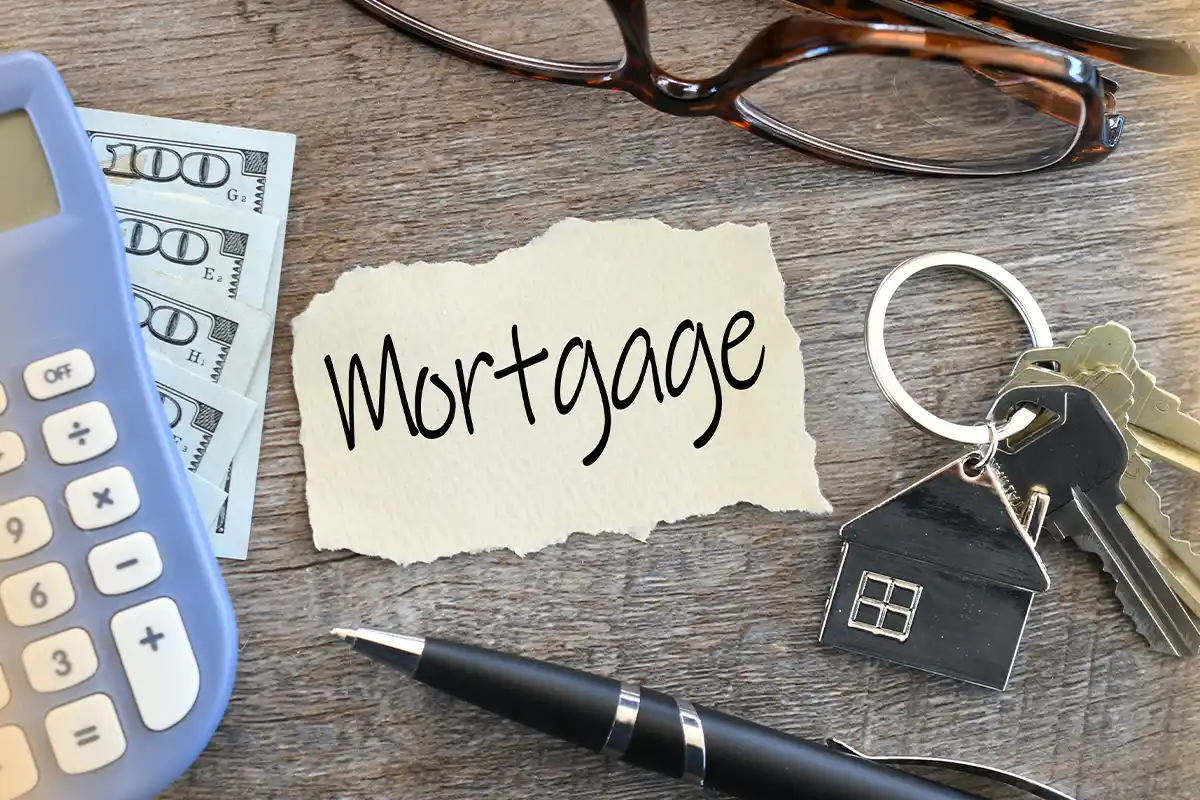Buying your first home in a new country can be both exciting and overwhelming—especially when navigating the mortgage process. As a newcomer, understanding how mortgages work, what options are available, and how to qualify for a newcomer mortgage can make all the difference in turning your homeownership dream into reality.
This simple guide breaks down everything you need to know, from mortgage basics to helpful tips—so you can move forward with confidence on your path to becoming a homeowner.
Understanding Mortgages
A mortgage is a loan taken out to purchase property where the property itself serves as collateral. The creditor has the legal right to foreclose the property should the borrower fall behind on payments.
Common Mortgage Types:
- Fixed-rate mortgage: Stable interest rate for the life of the loan.
- Adjustable-rate mortgage (ARM): Variable interest that may change over time.
- FHA loans: lower down payment government-backed loans.
- Usual loans: Often need greater credit ratings not insured by the government.
Key Mortgage Terminology Every Newcomer Must Know
- Down Payment: First payment made while purchasing a home.
- Principal: The sum borrowed.
- Interest Rate: Cost of borrowing money.
- Amortization: Schedule of loan repayment across time.
- Escrow: Escrow is a third-party account holding money for property taxes and insurance.
Getting Ready for Homeownership
Before diving into the newcomer mortgage process, take the time to evaluate your financial well-being:
- Correct any errors and examine your credit score.
- Make a budget so you can see your monthly possibilities.
- Save for a down payment, usually 3–20% of the house price.
- Reduce already existing debts to raise your debt-to-income ratio.
The Steps in the Newcomer Mortgage Application
Pre- Approval Versus Pre-Qualification
- Pre-qualification provides a sense of how much you could borrow.
- Pre-approval is a formal offer from a lender grounded in your financial information.
Papers You Need
- Evidence of income comprises pay stubs and tax returns.
- Statements of banks; Social Security number and ID; and employment verification.
- Credit history report.
- Know the requirements of the lender.
Lender’s Requirements:
- Credit rating (usually 620+ for most loans).
- Ideally, less than 43% debt-to-income ratio.
- Employment background; savings or assets for down payments.
Shopping for a mortgage
Lenders and Rates Contrast
Not all lenders are identical. Compare:
- Application
- Origination
- Underwriting fees
What Closing Charges Are?
- Expect to spend around 2–5% of your home’s value on closing costs, which typically include title insurance, attorney fees, taxes, prepaid expenses, and appraisal fees.
Significance of a Good Faith Estimate (GFE)
A GFE specifies the projected expenses related to your mortgage. It lets you see offers from different lenders openly. To get real-time mortgage rates and estimates, use tools like Bankrate.
Closing the Deal
What Happens on Closing?
At closing, you will:
- Review and sign all final documents.
- Pay the closing costs and the down payment.
- Receive the keys to your new home.
Final Documents and Tasks
Essential documents and final steps include:
- Closing disclosure outlining all loan terms and costs.
- Final loan application documents.
- Carefully review each document for accuracy
- Securing homeowners insurance before closing.
- Updating your address with your bank, utility providers, and other services.
Preserving Your Mortgage and Home
Maintaining Control of Payments
- Set up automatic payment
- Know your grace periods and due dates.
- Contact lenders early if you’re experiencing difficulty.
Possible Refinancing Reasons:
- Reduce your interest rate.
- Lower monthly payments.
- From an ARM to a fixed-rate mortgage.
Access Home Equity
- Schedule annual maintenance checks.
- Funds for disasters and repairs
- Preserve the value of your property by maintaining its condition.
Wrap Up
Becoming a homeowner in a new country may feel challenging, but with the right knowledge and support, the process becomes empowering.
From knowing mortgage basics to navigating lender requirements and preparing for the closing process, every step you take brings you closer to owning your dream home.
With thoughtful planning and expert guidance, you can confidently transition from a newcomer to a proud homeowner.
At Diverse Mortgage Group, we specialize in helping newcomers like you turn homeownership dreams into reality. Our team provides personalized mortgage services for newcomers, expert advice, and step-by-step support tailored to your unique journey.
Ready to make your move?
Contact us today and discover how we can help you start your path to homeownership with confidence.
People Also Ask
1. What credit score do I require to qualify for a newcomer mortgage?
Many lenders want a credit score of 620 or above. Some government-backed loans may, however, accept lower scores given other qualifying conditions.
2. Can newcomers become mortgage-approved?
Of course. Some lenders offer special mortgage services for newcomers who consider international credit history or provide flexible documentation requirements.
3. Should I be saving anything for a down payment?
Down payments often fall between 3% and 20% of the home value. First-time homebuyers benefit from FHA loans since they lower down payments.
4. PMI stands for what?
Most lenders demand PMI if your down payment is less than 20% to guard themselves in case of default. This is an additional monthly charge until your equity reaches 20%.


